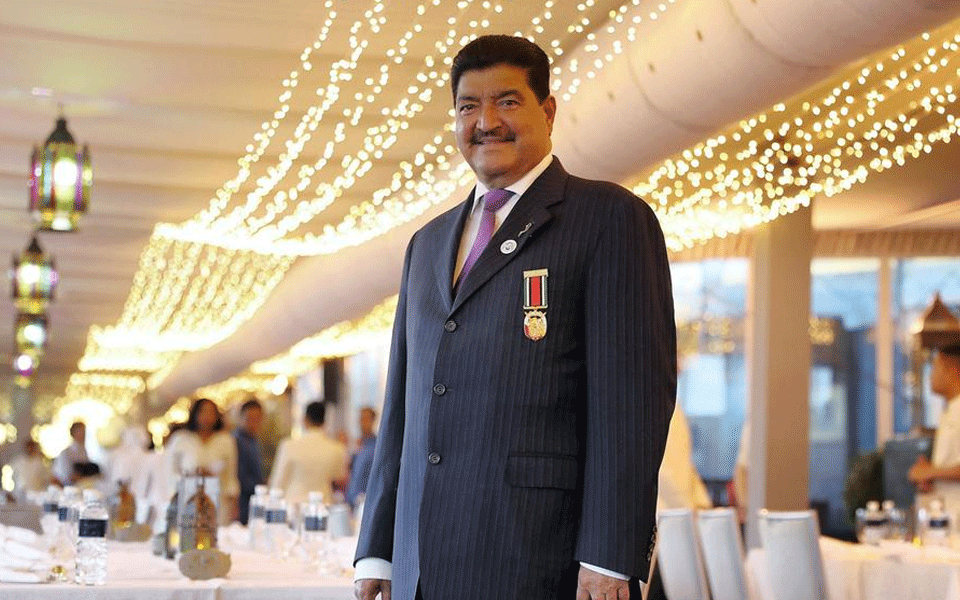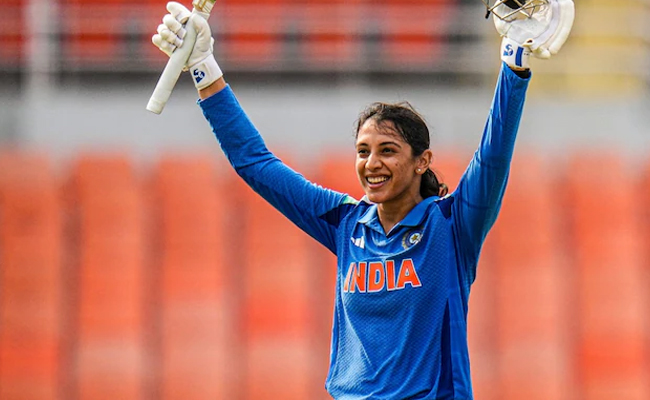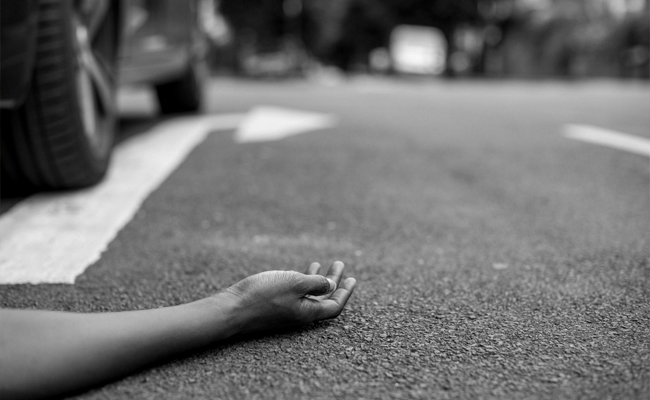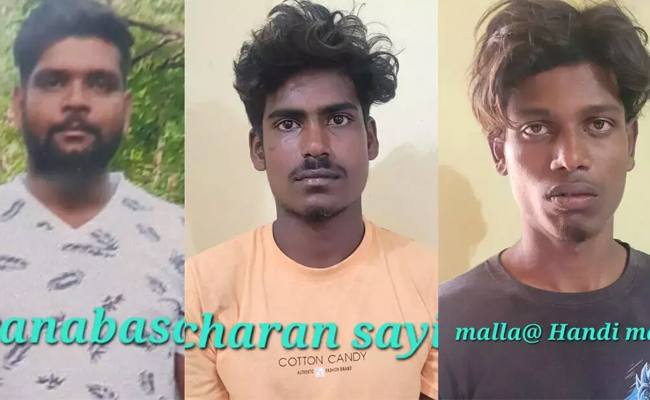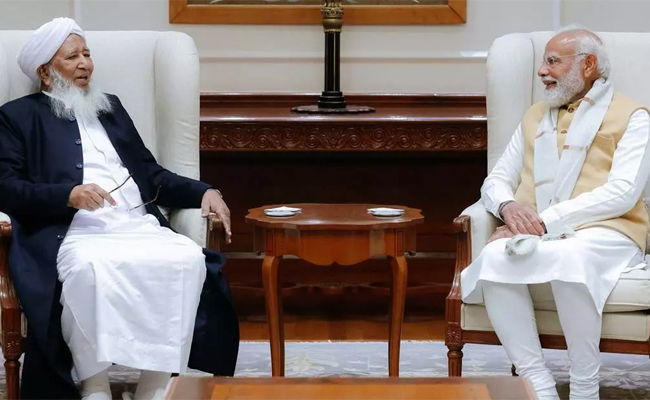This year the billionaire pledged to donate half his fortune to charity, but his relationship with Ramadan began when he moved to the UAE decades ago
“When I signed up to the pledge some time back, I didn’t know it would come through in Ramadan. Obviously I am very happy – I deem it a blessing from Allah,” said BR Shetty, the UAE billionaire who founded, among other well-known companies, NMC Health.
He was referring the recent news that he has joined The Giving Pledge — an initiative launched by Microsoft founder Bill Gates, his wife Melinda and business magnate Warren Buffett in 2010. It is a commitment by the world's wealthiest individuals and families to dedicate the majority of their wealth to philanthropy.
The fact that his application was formalised during Ramadan has made it even more special for Indian-born Hindu BR Shetty. “I am glad it came in the month of Ramadan, the month of giving,” he said.
The businessman is among 14 UAE philanthropists who have pledged half their wealth to support good causes around the world, and he joins the likes of fellow health care billionaire Dr Shamshir Vayalil of VPS healthcare.
Mr Shetty draws inspiration for his charity initiatives, in the UAE and India, from Ramadan and the values of compassion and kindness the holy month represents.
“Although I am a non-Muslim I know the value of fasting,” he says. “In Hinduism we have our own fasting ritual. My mum used to fast every Monday. It helps us to empathise with the hungry and the poor, too.
Mr Shetty began to fast for Ramadan when he landed in Abu Dhabi decades ago.
“I practise Ramadan,” he says. “I used to fast regularly for over two decades and would feel really happy about it.
“I used to feel healthy while fasting, but for more than 10 years now I have had diabetes and I can’t fast any more. But I restrict my food. I have always believed fasting is good for body and mind.”
Contrary to the perception that fasting takes a toll on the body, Mr Shetty believes it helps people to be more active.
“When you fast, you don’t feel like drinking water,” he says. “You get that extra energy and strength. Therefore, fasting is prescribed by all religions. I enjoy fasting. It also detoxifies the body. I had clear skin when I was fasting regularly.”
Mr Shetty is a much sought-after guest at iftar gatherings organised by Indian expatriate community groups.
“I attend iftars regularly,” he says. “I also go to the Crown Prince’s Court almost every night. The thing I like about it is the sense of brotherhood and discipline.
“Do you see this type of discipline in any other community? Nobody observes you but still you fast. Nobody is forcing you but you fast. This is the beauty of Ramadan. It makes you self-disciplined and self-determined.”
The holy month also brings to life his memories of Sheikh Zayed, the Founding Father.
“I still remember the day he passed away,” Mr Shetty says. “It was the 19th day of Ramadan. When he died, I lost everything in the world. He was the world’s leader. When he passed away, we were all taken aback.”
He credits part of his success to the generosity of the Founding Father.
“Nobody can match his benevolence,” Mr Shetty says. “Sheikh Zayed called me to his majlis one day and offered me a passport. He thanked me for the contribution I made to this country, especially in health care.
“Sheikh Zayed was the one who laid the foundation stone for our pharmaceutical factory. He blessed the factory and visited the factory site in Mussafah three times.
“When the building of Neopharma [the first pharmaceutical plant to be built in Abu Dhabi] was suggested, he called me to the palace. He said you have built a factory nobody could ever dream of.”
He becomes emotional as his memories travel farther back in time.
“Four decades ago, I came to Abu Dhabi with the intention of clearing the loan I had taken out for my sister’s wedding,” Mr Shetty says. “I didn’t have anything except my sweat. I started as a medical salesman.
“There were no jobs for pharmacists in the country then. In fact, I was the first outdoor salesman in the country. I ended up selling butter cookies, Nido [instant cream] powder, telephone directories, advertisement poles and other things.
“Once I cleared the loan, I tried to fulfil the dream of the Founding Father. One day I saw Sheikh Zayed speak about quality health care at affordable prices on black and white TV. He was giving free medical treatment to people, but more needed to be done.
“When I left my country my mother had also asked me to take up a service-oriented business. I decided that I should do something about it. That’s how the journey of NMC, the first private medical centre, began.”
This article was first published in www.thenational.ae
Let the Truth be known. If you read VB and like VB, please be a VB Supporter and Help us deliver the Truth to one and all.
New Delhi (PTI): Star batter Smriti Mandhana, who played a pivotal role in India's historic 2025 Women's World Cup triumph, was named the BBC Indian Sportswoman of the Year for 2025 at a glittering function here on Monday.
Chess prodigy Divya Deshmukh won the Emerging Player of the Year award, for her historic FIDE Women's World Cup triumph at just 20.
Preethi Pal was named the Para-Sportswoman of the Year, for winning two bronze medals at the 2024 Paris Paralympics in track and field, while Anjali Bhagwat was honoured with the Lifetime Achievement Award, recognising her pioneering career as India's first woman shooter to reach an Olympic final and her trailblazing success on the world stage.
Mandhana, who is currently touring Australia with the Indian team for multi-format bilateral assignments, said in a video message: "Thank you BBC for giving me the awardfor Best Sportswoman of the Year. 2025 was a special year for women's cricket, especiallytowards the end we had a World Cup and I'm happy I could contribute and help India win matches.".
At 29, the left-handed batter is already among the game's greats, with the second-highest number of centuries in women's One Day Internationals and ranking third in total runsscored among current players worldwide.
Hailing from Sangli city in Maharashtra, the affable Mandhana was inspired by her father and brother, both of whom played cricket at the district level.
In September last year, she made a 50-ball hundred against Australia – the fastest 50 over international ton (men and women) by an Indian in the format, breaking Virat Kohli's record.
The award winners were decided by a distinguished grand jury comprising Leander Paes, Deepa Malik, and Anju Bobby George.
Praising the athletes' achievements CEO of BBC News, Jonathan Munro said: "Congratulations to this year's winners who showcase the very best in sporting excellence. The BBC World Service is committed to bringing such stories of human endeavour and outstanding success to audiences across India and around the world.".
Additionally, the ceremony also celebrated a wide spectrum of talent and impact, recognizing star performers and changemakers for redefining the landscape of Indian sport.
BBC Star Performers of the Year 202.
• Indian Women's Cricket Team: for their historic World Cup victory.
• Ekta Bhyan, Deepthi Jeevanji and Preethi Pal: for their trailblazing performances at the World Para Athletics Championship.
• Indian Women's Cricket Team for the Blind: for their inspiring World Cup victory.
• Indian Women's Kabaddi Team: for their smashing victory in World Cup.
.
BBC Changemakers of the Year 202.
• Indian Women's Ice Hockey Team: for breaking barriers in a non-traditional sport.
• Rajbir Kaur: Indian field hockey player and former captain of the women’s national team.
• Savita Punia: Indian field hockey player and current member of the national team.
• Paani Devi: recognised for her impactful contribution to grassroots sport.

